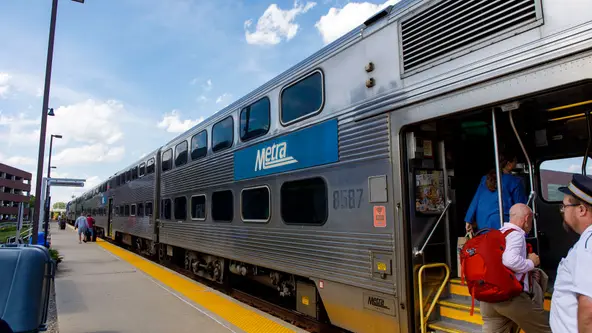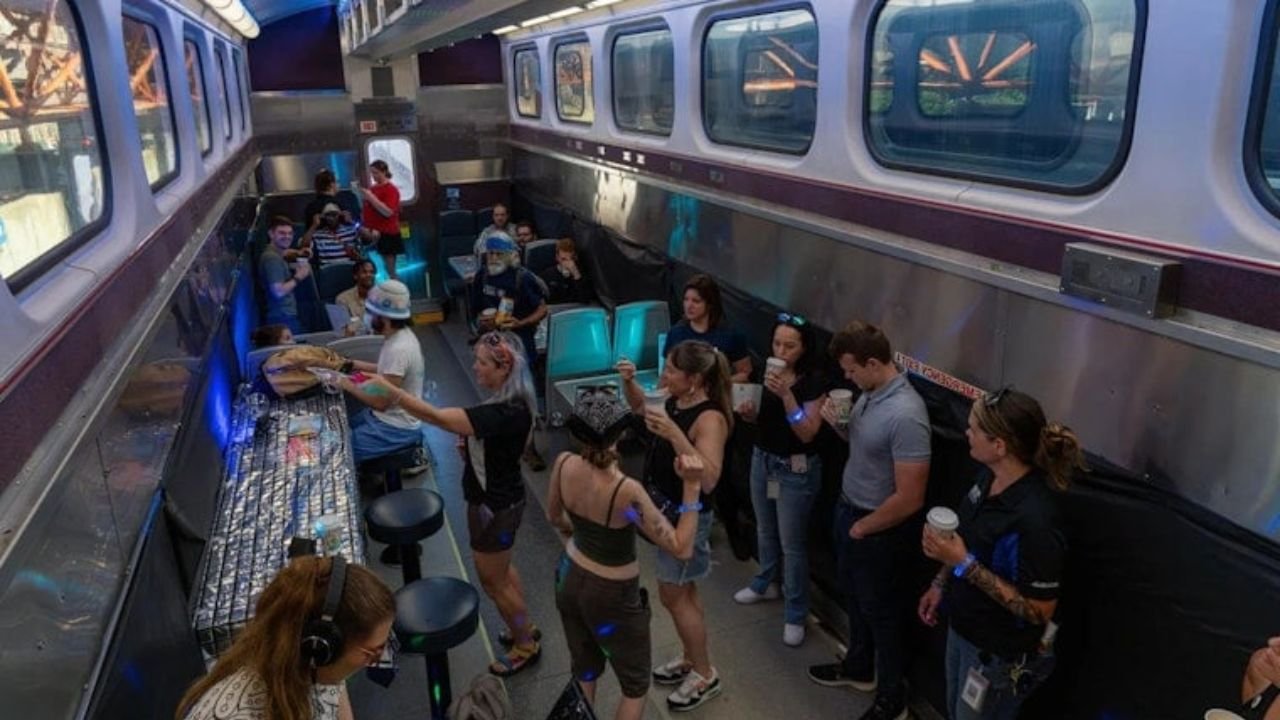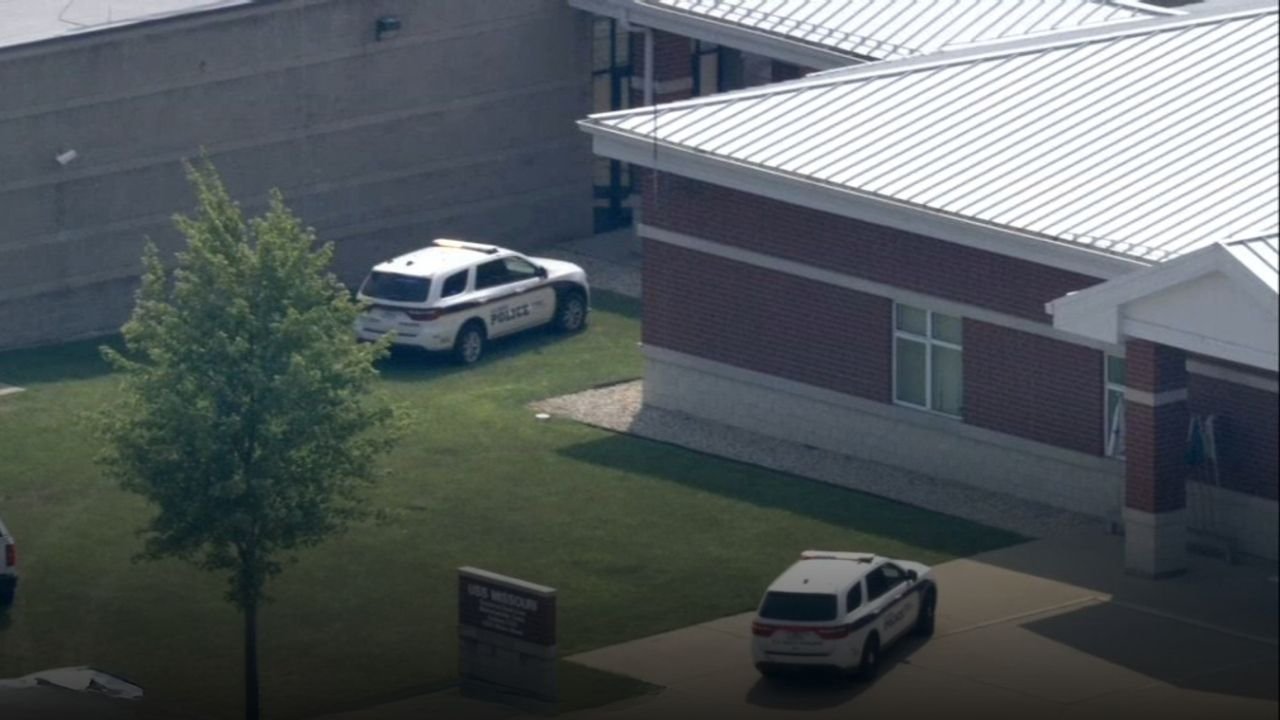CHICAGO, IL — Illinois transit agencies are preparing for sweeping service cuts of up to 40% across the CTA, Metra, and Pace networks after lawmakers failed to secure public transit funding before the spring session deadline. The $771 million shortfall has forced agencies into emergency planning mode, with changes expected to begin in 2026.
Budget Gap Triggers Emergency Planning
The Regional Transportation Authority (RTA) and other service boards have begun strategizing for reduced operations due to the failure to pass House Bill 3438 by the May 31 deadline. According to Streetsblog Chicago, agencies must now plan based only on guaranteed funding—excluding any future possibilities from a special or veto session.
Agencies will assess which routes offer the best return on investment, with priority given to those maintaining fare revenue and serving dependent riders.
“There are folks for whom there are no other options,” said Laura Saltzman, Senior Policy Analyst at Access Living, stressing how service cuts would devastate paratransit users.
Legal and Equity Concerns Complicate Cuts
Transit boards must comply with Title VI of the Federal Transit Administration, ensuring that major changes don’t disproportionately impact communities of color. For example, the CTA’s recently expanded 10-minute bus network may face delays or partial retention depending on equity assessments. Meanwhile, under the ADA, any reduction in fixed-route service will impact corresponding paratransit services, potentially eliminating weekend access in the suburbs.
Cuts Could Reshape Entire Transit Ecosystem
Even non-riders will feel the ripple effects. Traffic congestion, environmental pollution, and real estate values could all decline, as reliance shifts from trains and buses to private vehicles. The Argonne National Laboratory estimates that public transit yields a 13x return on investment, meaning the $771M cut could shrink regional economic output by over $10 billion annually.
“This is the definition of inefficient and tremendously irresponsible,” said Kyle Lucas, executive director of Better Streets Chicago, referring to layoffs and planning costs that will burden already strained transit teams.
Future Projects and Accessibility at Risk
Major projects like the CTA Red-Purple Line Modernization, Pace Pulse expansion, and even potential passenger rail to Rockford are now at risk. Service boards fear reduced competitiveness for federal grants if they pursue drastic cuts.
The Federal Transit Administration’s capital grant guidelines downgrade applications from agencies facing budget instability or reduced local financial commitments.
Advocates Demand Urgent Legislative Action
The Sierra Club Illinois and other groups are warning of the air quality consequences if commuters shift to cars. Local leaders are calling on the state legislature to reconvene for a special session.
“Many are aware, but many more are about to be aware,” said Jack Darin, director of Sierra Club’s Illinois chapter.
Without intervention, agencies will proceed with cuts that could take years to reverse, especially given staffing challenges post-COVID and long operator training periods.
Illinois General Assembly HB3438 Status
Are you affected by CTA, Metra, or Pace service reductions? What routes would be hardest to lose in your neighborhood? Share your thoughts in the comments.
Stay with ChicagoSuburbanFamily.com for real-time coverage of transit funding, Chicago infrastructure, and state-level legislation impacting commuters.














